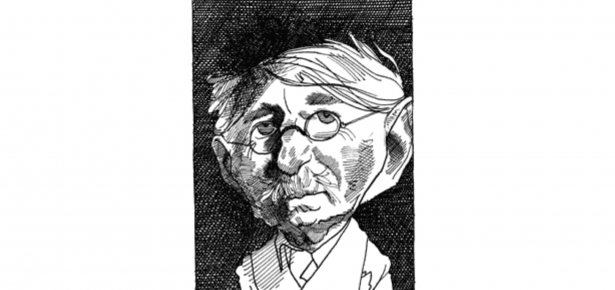
Most readers recognize E. M. Forster as the early twentieth-century writer who wrote about India; some remember his socially relevant and thematically wide-ranging Edwardian novels and short stories, and a posthumously published novel about male homosexuality. What many might not have known is that, in 1969, Benjamin Britten praised Forster as ‘our most musical novelist’. Many of Forster’s early readers and reviewers (Peter Burra and Elizabeth Bowen, for example) indeed noted how passages of musical performances are prevalent in his work. In recent decades, critics have commented on how music provided Forster (and other contemporary writers including Virginia Woolf, James Joyce, D. H. Lawrence, Aldous Huxley, and Katherine Mansfield) with a way to imagine new forms to describe modern subjectivities. However, we are only now beginning to realize that music, for Forster, was not simply an abstract concept or an aesthetic idea. Rather, music was an actual event that had an important role in his domestic and social lives, and it is music’s intersection with all things around of which Forster was very much aware.
In his 1939 essay ‘Not Listening to Music’, we see this awareness clearly. Forster admits that ‘during the greater part of every performance’, he ‘wool-gather[s] most of the time’. He hears music, but his mind is on something else: on daily trivialities like ‘something smart I might have said in conversation’, as well as on other matters such as the possibility of an air-raid and the ugliness of the audience. If these distractions seem humorous, they also signify Forster’s alertness to the fact that musical sounds do not take place in a vacuum. Seeking to pay attention to music, the listener here is instead preoccupied with extramusical thoughts about war and class.
It is these extramusical associations and emphases that E. M. Forster and Music uncovers. The book tells a story of how music is profoundly interlinked with Forster’s politics and ideology. Rather than a formalistic dissection of the ‘musicality’ of Forster’s prose, my study demonstrates how music provided a means through which Forster negotiated many of the political – political in its broadest sense, be it sexual, racial, national, or social – issues of his time. For instance, his discussion of ‘rhythm’ in Aspects of the Novel (1927), when read in the context of previous and contemporary discourses about the role of rhythm in the formation of racial identity in evolutionary theories, reveals new dimensions of his anti-imperialism. His liberalism and anti-fascism also gain an added layer when we look at the ways in which he, in a wide variety of works, tackles the heroism of Siegfried in Wagner’s Ring cycle.
At the heart of this book is Forster’s protean interest in a broad range of topical subjects. This correlation between music and politics points to the multiple frontiers of Forster’s ideological exploration and the many concerns he registers and raises in his writing. Back in ‘Not Listening to Music’, Forster says that ‘music is so very queer that an amateur is bound to get muddled when writing about it’. It seems that he relishes the condition of ‘get[ting] muddled’ when writing about music. That is, he experiments with the referential and associative capabilities of musical representations, thereby alluding to multifarious – and sometimes conflicting – ideological viewpoints. From the politicized field of musical cultures, Forster makes his intervention into the politics of race, colonialism, national character, war, and gender, and now we are beginning to hear what he is trying to say.
Image credit: E.M. Forster by David Levine2021 The Reader’s Catalog @ NYR https://shop.nybooks.com/products/e-m-forster-1973?variant=11266597763
Latest Comments
Have your say!